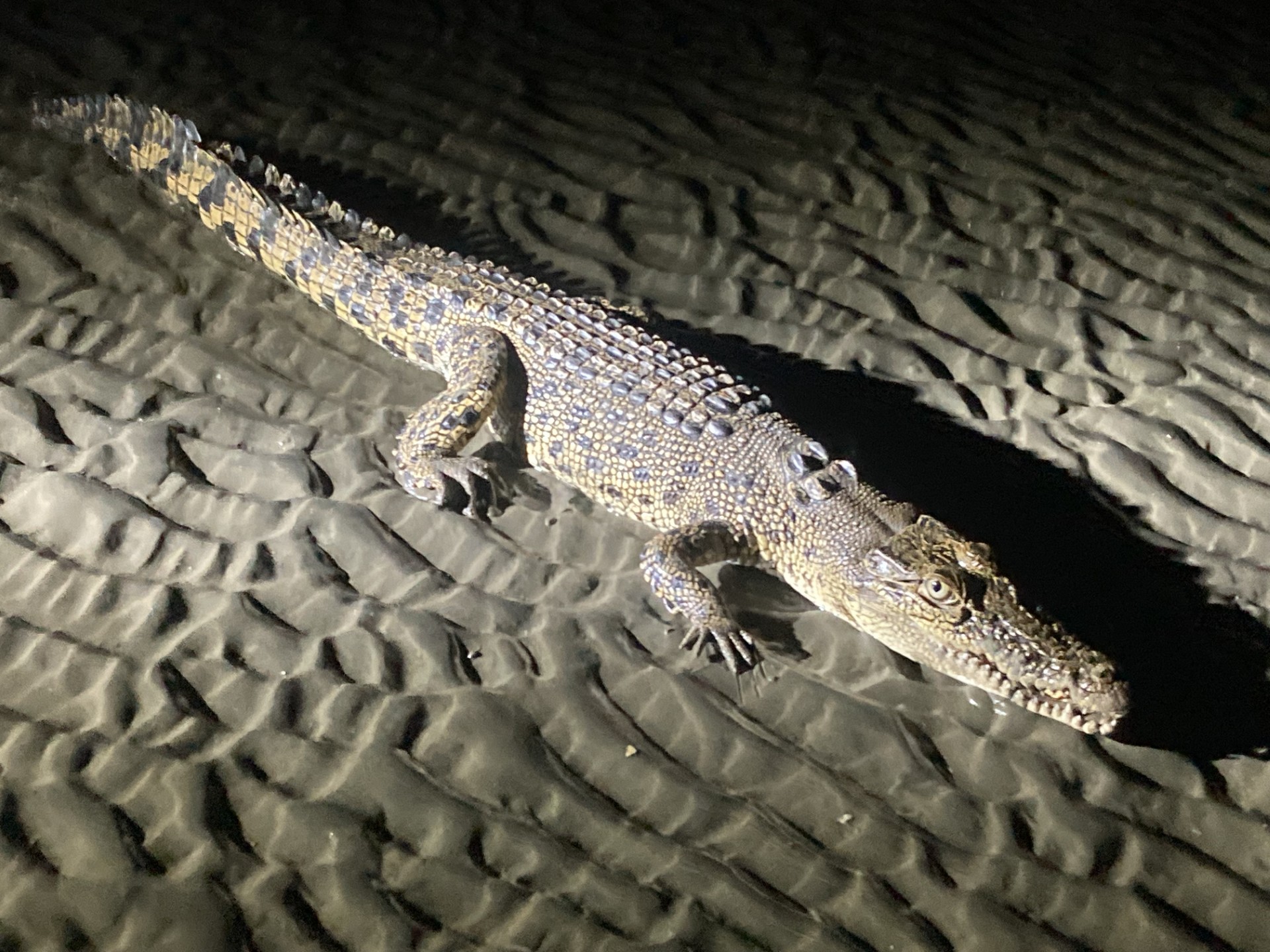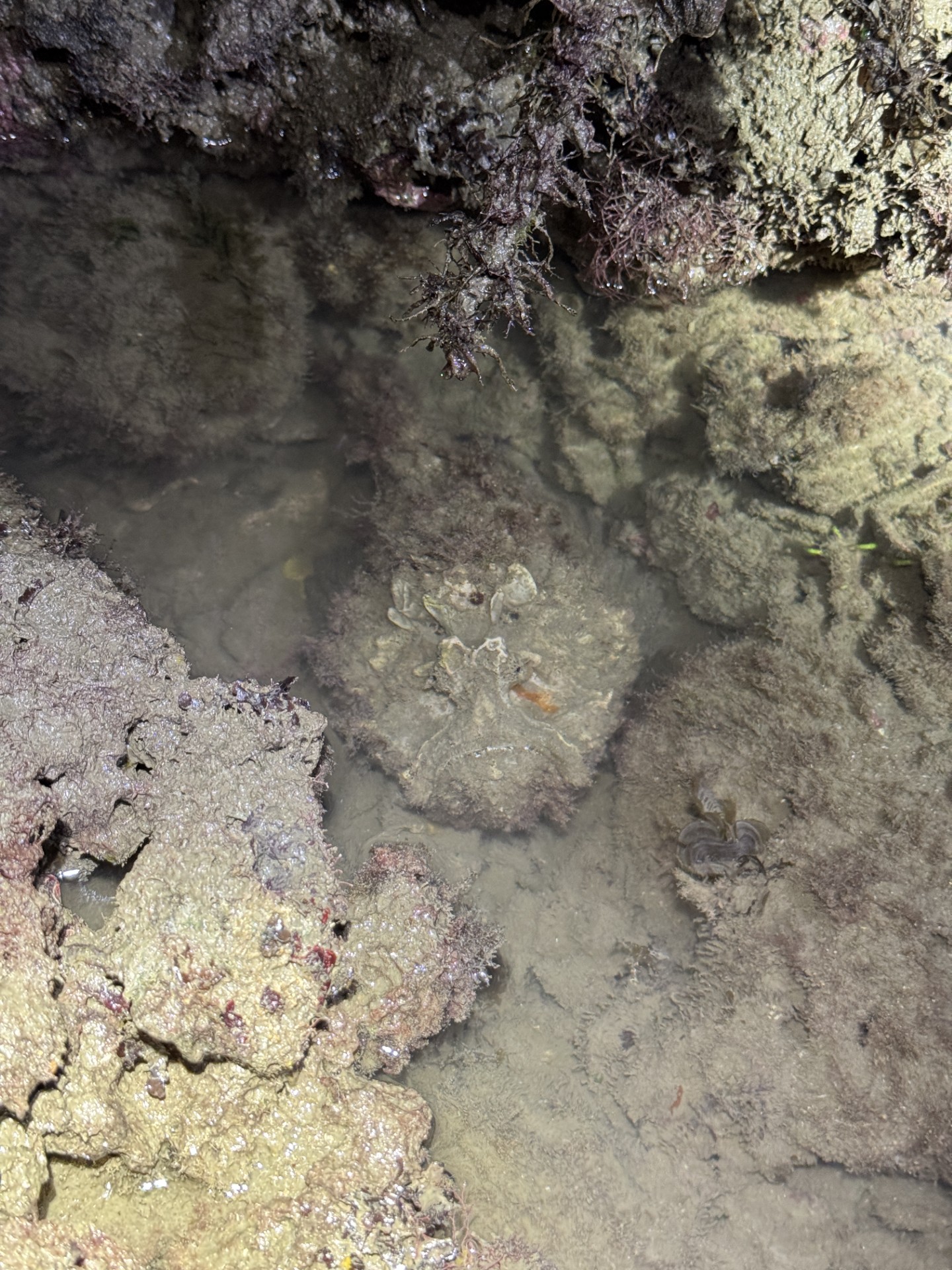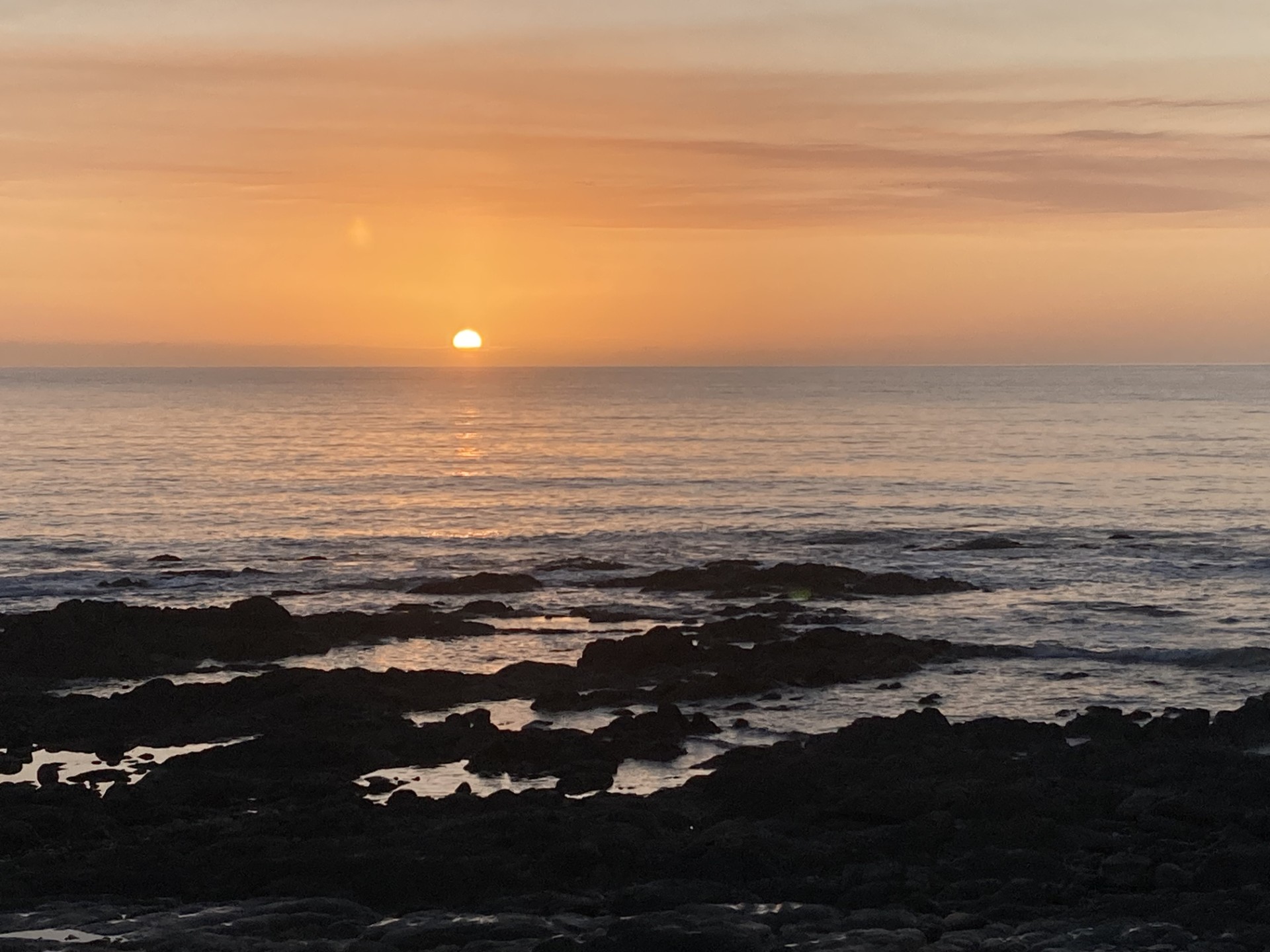Shark Trek: Into the darkness
The team arrived at our far-north Queensland shark collection site to begin a long night of field work around 0200. What should have been a brightly lit, full moon sky was veiled behind a thick curtain of clouds and rain as we clambered down a small, rocky cliff onto the sand flats below and trundled towards the reef flat.
Our objective this morning was to collect five epaulette sharks as it was our final collection timeframe to collect a total of ten sharks to be transported back to James Cook University over the course of the four-day expedition. Getting halfway to our target number was an arduous achievement because of the ongoing weather conditions, including 30 knot winds and 10-20 mm of rain per day, which greatly reduced our visibility and the ever-looming reality of conducting nighttime fieldwork in crocodile country was top of mind, adding utmost caution to our every move. One of the precautions we took to reduce the risk of one of these encounters was establishing strict, two-hour tide windows, straddling peak low tide to conduct our sampling.

The threat of crocodiles in the far-north Queensland shark collection site was a concern for the team. Photo © Aaron Hasenei
As we carefully conducted our reef walk in search of these elusive, walking sharks, we were periodically distracted by all manner of marine life that also called the reef flat home. Blue spotted lagoon rays fluttered effortlessly along, octopus stretched their arms out while simultaneously changing colours, and stonefish lay motionless amongst the rocks, waiting for an unsuspecting reef crab to scuttle a little too close.

A stonefish in the intertidal. Photo © Aaron Hasenei
From previous nights, we narrowed down the ideal benthic habitat where the sharks could be found but started to lose hope after the first hour of our search window elapsed with no additional sharks and getting ‘skunked’ the previous night. Then, seemingly out of nowhere, we spotted one attempting to pull a marine worm out of the sand, waited for her to finish her meal, then scooped her up with a dip net. Only four more with one hour left, I thought. “We’ve got this!” The first shark of the night seemed to catalyse a chain reaction as we searched around frantically in the darkness, and averaged a shark every 15 minutes, resulting in a timely and resounding accomplishment as first light started to creep over the horizon. We carted the sharks back to base camp, carefully carried them up the cliff, nestled them into the truck with some fresh seawater just in time to enjoy a spectacle of a sunrise as we relished in our success. Tired but fulfilled, we started the long drive back to campus to acclimate the sharks into the seawater facilities at James Cook University. Months later, after a series of experiments investigating how these animals cope with future ocean warming, they were tagged and released back to their original collection site.

The first light of sunrise after a successful evening of fieldwork. Photo © Aaron Hasenei
